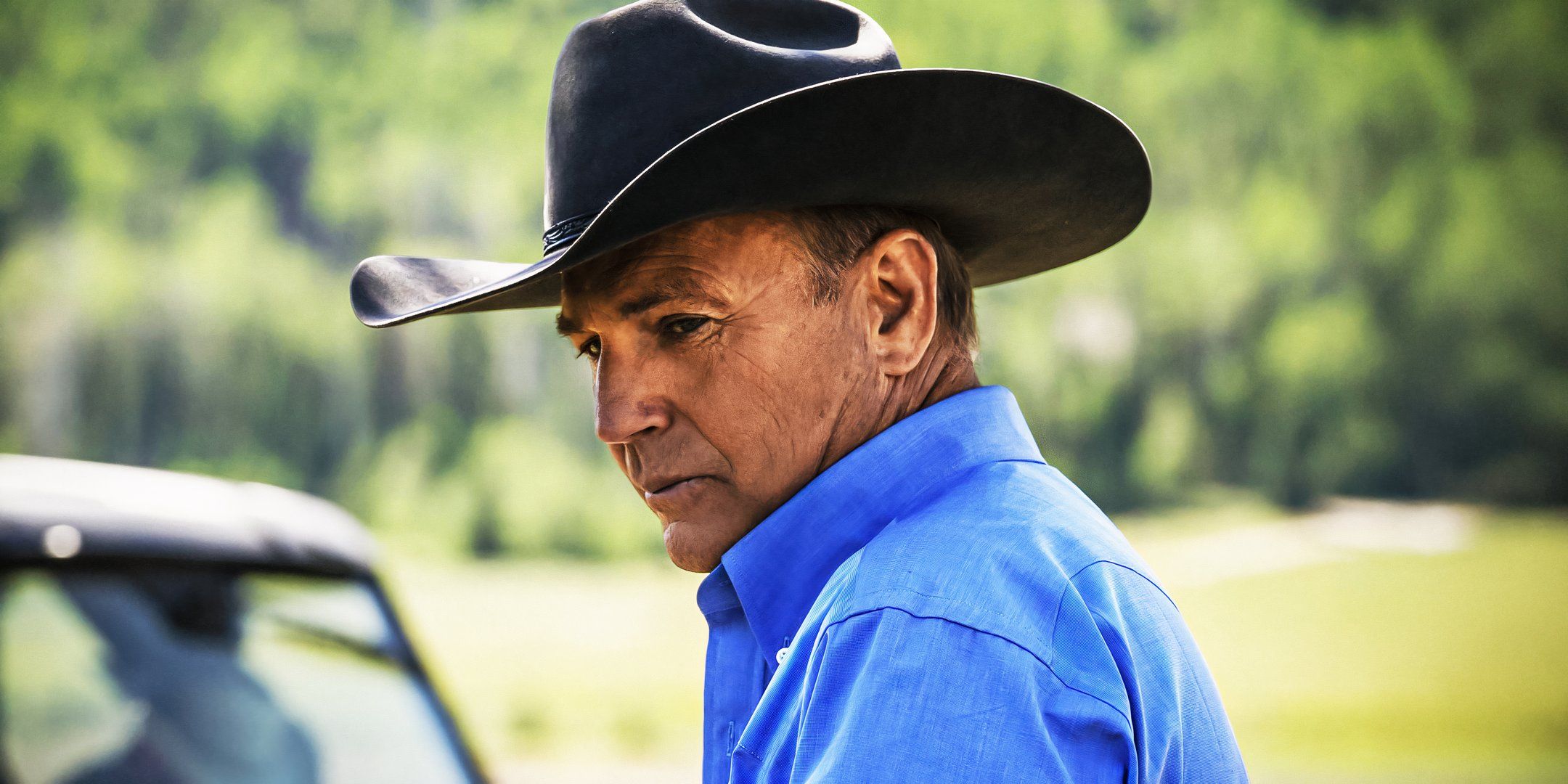When Kevin Costner recently broke his silence about the upcoming end of Yellowstone, the television landscape seemed to collectively pause. In a raw, unfiltered moment during a candid discussion, Costner admitted, “We should all be in prison,” a remark that immediately ricocheted across social media, sparking both intrigue and confusion. For fans who have followed Yellowstone since its explosive debut in 2018, this comment was more than just a soundbite—it was a window into the turbulent creative process behind one of TV’s most talked-about dramas. Costner’s words, laced with a mix of frustration, honesty, and perhaps even regret, revealed the immense pressure and emotional toll that came with crafting a cultural phenomenon while balancing behind-the-scenes conflicts and shifting storylines. His statement, while shocking on the surface, underscored the deep entanglement of cast, crew, and creator Taylor Sheridan in a show that has not only redefined the modern Western genre but also reshaped Paramount’s entire television empire.
The context of Costner’s remark sheds light on his evolving relationship with Yellowstone. For years, he embodied John Dutton—the patriarch of the Dutton family whose grit, resilience, and stubborn loyalty to his land became synonymous with the show itself. Viewers often blurred the lines between Costner and Dutton, admiring his portrayal as the definitive cowboy figure for a new generation. Yet, behind the stoic onscreen persona, Costner was wrestling with the show’s demanding production schedule, creative disagreements, and his own ambitions as a filmmaker. Rumors of tension between him and Sheridan had swirled for months, particularly over scheduling conflicts with Costner’s passion project, Horizon: An American Saga. Many speculated that these issues contributed to Costner’s eventual departure from Yellowstone, though details remained shrouded in ambiguity. His latest comment, however, suggests a deeper level of creative chaos than fans may have realized.
Costner’s choice of words—“We should all be in prison”—was likely not meant literally but symbolically, highlighting the level of intensity and sacrifice required to sustain Yellowstone’s success. In interviews, he has hinted at the grueling nature of filming, often set against the harsh Montana climate, where long days stretched into weeks and storylines were sometimes rewritten on the fly to meet deadlines. The pressure to deliver not just a television show but a sprawling epic with cinematic scope weighed heavily on everyone involved. For Costner, who has long prided himself on being both actor and filmmaker, the feeling may have been akin to being trapped in an endless cycle of obligations, commitments, and compromises that left little room for creative breathing space. His statement may be a wry acknowledgment of how consuming and all-encompassing the Yellowstone machine has become.
The ending of Yellowstone itself is shaping up to be as dramatic and controversial as the show’s run. Fans have spent years watching the Duttons battle rivals, corporations, and even each other for control of their land, and expectations for the series finale are sky-high. Costner’s remarks fuel speculation about whether the conclusion will do justice to the years of storytelling that preceded it. Many fans fear that his strained relationship with Sheridan may have impacted the writing of John Dutton’s final chapters, potentially cutting short character arcs or altering planned outcomes. Some even wonder whether Costner’s character will be abruptly written out rather than given the epic sendoff viewers feel he deserves. His cryptic tone, coupled with his willingness to openly criticize aspects of the production, adds an air of uncertainty that only heightens fan anticipation.
Beyond the immediate drama, Costner’s candor speaks to the broader challenges of prestige television in the streaming era. Shows like Yellowstone are expected not only to capture audiences but also to serve as cultural juggernauts, spawning spin-offs, merchandise, and entire universes of interconnected stories. Sheridan has already expanded the Yellowstone world with prequels like 1883 and 1923, and additional spin-offs are in the works. But at the core of it all, Costner’s John Dutton remains the heartbeat of the franchise. Without him, the question looms: can Yellowstone sustain itself, or will its ending mark the beginning of decline? Costner’s sharp words seem to suggest that the ride, while exhilarating, has taken a toll on everyone involved, leaving scars that fans may never fully see.
Interestingly, while Costner’s comment sounded harsh, it also reflected a form of hone